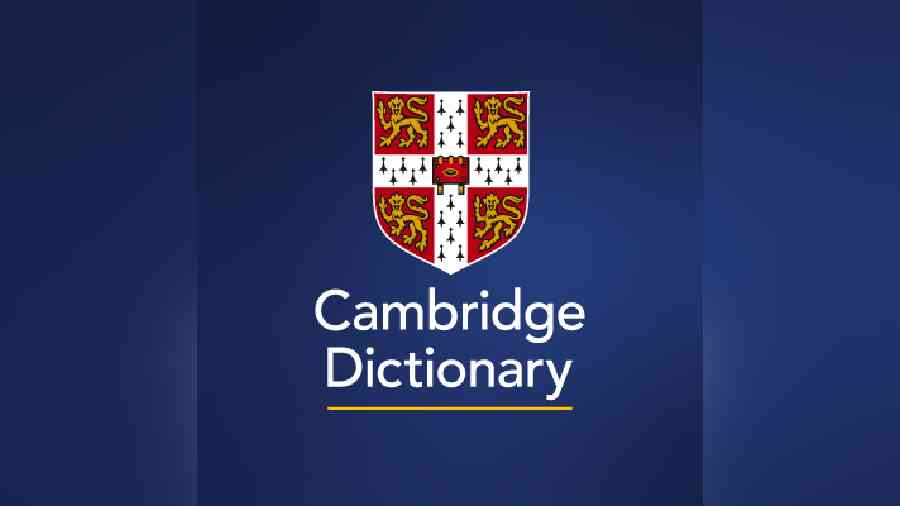The Cambridge Dictionary has updated its definition of ‘woman’ to include anyone who “identifies as female” regardless of their sex at birth. The online dictionary recently added a supplementary definition of a “woman” that includes transgender people.
It now states that as well as definitions including an “adult female human being”, a woman can also be “an adult who lives and identifies as female though they may have been said to have a different sex at birth”.
It gives the examples: “She was the first trans woman elected to a national office” and “Mary is a woman who was assigned male at birth”.
The Dictionary’s editors made the changes after studying patterns of how the word “woman” was being used across society and concluded that the new definition is one that English learners “should be aware of”.
However, the Cambridge Dictionary is not the first dictionary to change its definitions. In July, Merriam-Webster added a supplementary definition of “female” that defines the term as “having a gender identity that is the opposite of male”.
Responding to the Cambridge Dictionary definition updates, Dr Jane Hamlin, the president of the Beaumont Society charity which supports transgender and non-binary people, said: “This is such good news. “There has been so much misinformation and rubbish written about definitions of ‘man’ and ‘woman’ lately, but these definitions are clear, concise and correct!”
However, Maya Forstater, executive director of the campaign group Sex Matters, said: “The primary dictionary definition remains adult human female and male. This is also the legal definition, and the one most people understand.”
The Cambridge Dictionary also updated its definition of “man”. As well as definitions including “an adult male human being” and “the human race”, it now includes the definition: “An adult who lives and identifies as a male though they may have been said to have a different sex at birth”.










